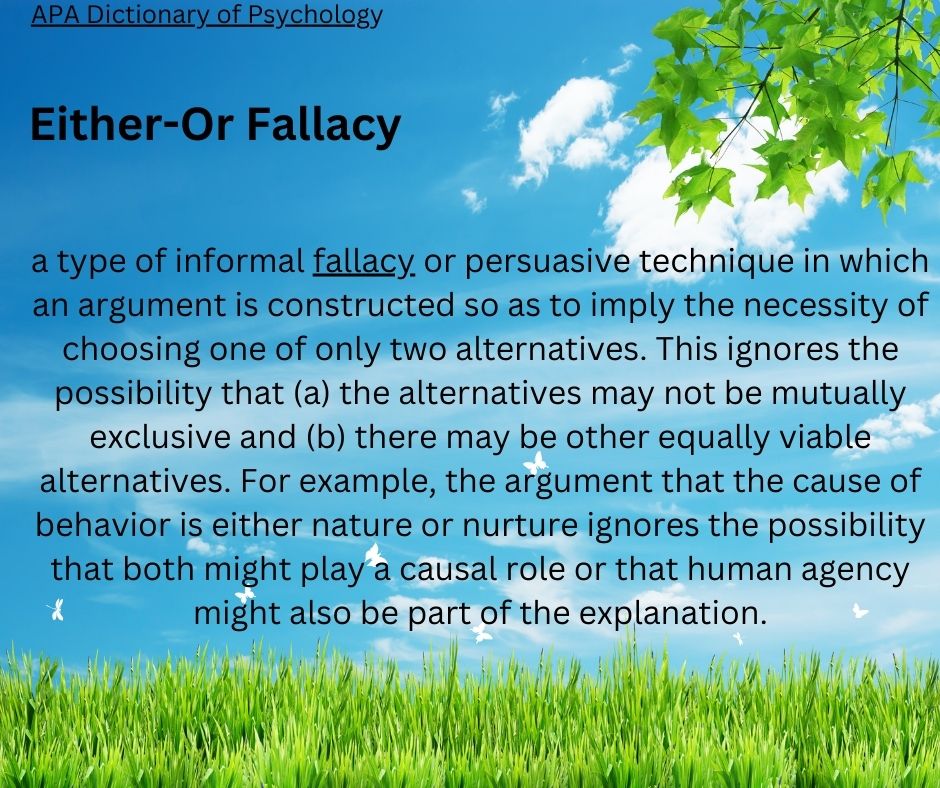Policy for promoting analytic rigor in intelligence: professionals’ views and their psychological correlates is a research article you can read at this link.
While the research is related to the national intelligence community, it does relate to the work of law enforcement analysts.
Consider these and how they relate:
Five main analytic standards:
(1) Objectivity;
(2) Independence of political consideration;
(3) Timeliness;
(4) Utilization of all available sources of intelligence information; and
(5) Analysis that implements and exhibits analytic tradecraft standards.
Nine facets of analytic standards:
(a) Properly describing quality and reliability of underlying sources, data, and methodologies;
(b) Properly expressing and explaining uncertainties or confidence in major analytic judgments;
(c) Properly distinguishing between underlying intelligence information and analysts’ assumptions and judgments;
(d) Incorporating analysis of alternatives;
(e) Demonstrating customer relevance and addressing implications;
(f) Using clear and logical argumentation;
(g) Explaining change to or consistency of analytic judgments;
(h) Making accurate judgments and assessments; and
(i) Incorporating effective visual information where appropriate.
Mandel, D. R., Hendriks, T. L., & Irwin, D. (2021). Policy for promoting analytic rigor in intelligence: professionals’ views and their psychological correlates. Intelligence and National Security, 37(2), 177–196. https://doi.org/10.1080/02684527.2021.1999621






